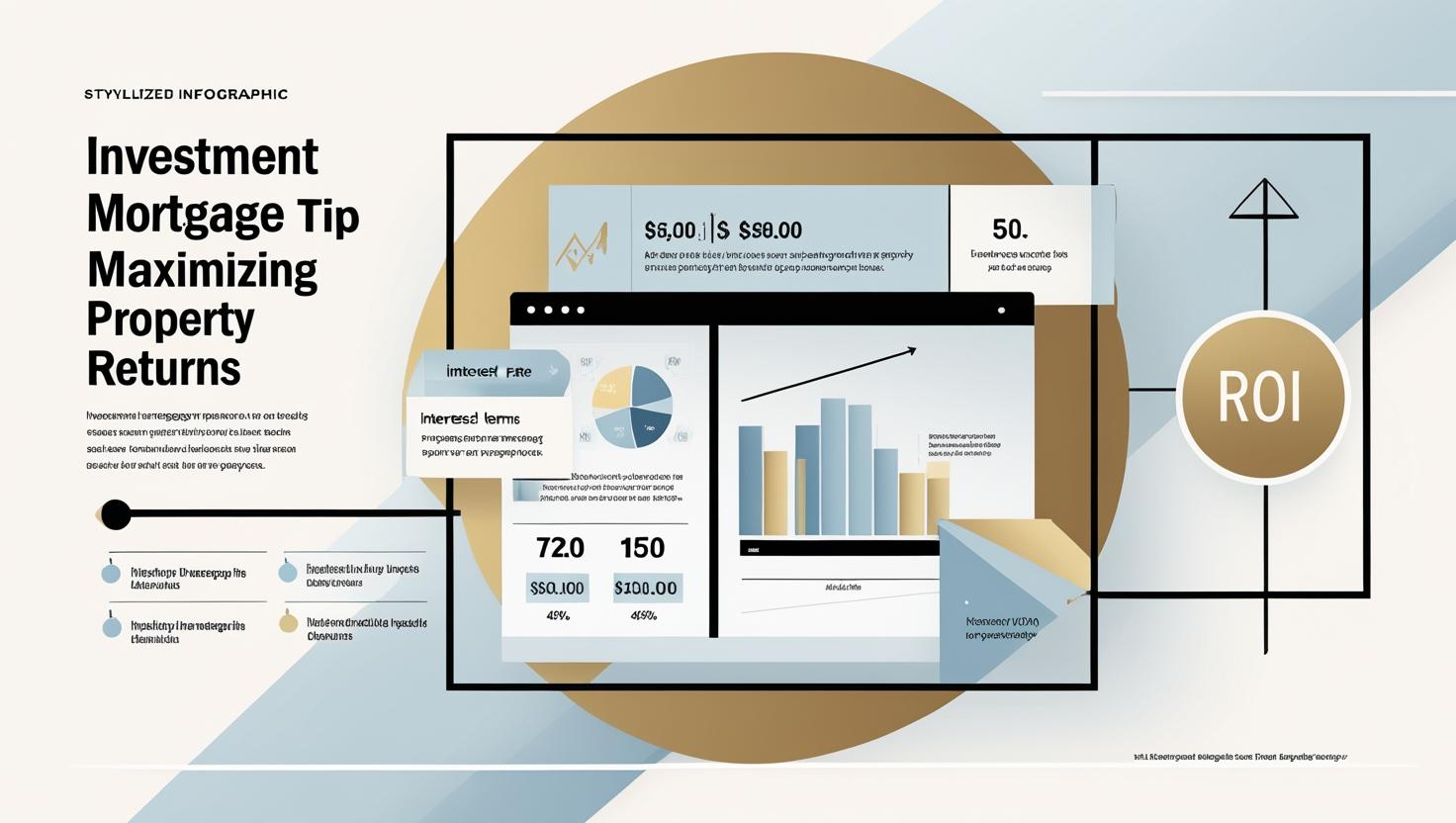
When we delve into investment mortgages, we’re exploring specialized loans designed for purchasing income-generating properties. Unlike traditional home loans, these mortgages cater to investment objectives and assess our ability to manage the associated risks.
When evaluating an investment mortgage, we must prioritize several critical factors to ensure a sound financial decision.
Credit Score and Financial Health: We should review our credit score, as lenders typically require higher scores for investment properties than primary residences. Clear any outstanding debts to boost our borrowing potential.
Investment Property Type: Rental homes, multi-unit properties, or vacation rentals vary in risk and return. We need to analyze the type best suited to our goals.
Down Payment and Reserves: Lenders usually expect a larger down payment, often 15-25%. We must also factor in adequate cash reserves for emergencies.
Loan Terms: Comparing fixed-rate versus adjustable-rate mortgages helps us choose an option aligned with our investment strategy.
Cash Flow and ROI: We should calculate potential rental income, subtracting costs, to ensure a positive cash flow and competitive return on investment.
By staying mindful of these elements, we increase our chances of maximizing property returns.
We focus on strategies to optimize returns, including careful research and financial planning.
Proactive strategies help us drive returns and mitigate risks effectively.
When managing investment mortgages, we must carefully analyze interest rates and loan terms to maximize profitability. Understanding how fixed and adjustable-rate mortgages differ enables informed decisions that suit our financial goals. Fixed rates offer stability, while adjustable rates can provide initial savings but carry long-term risks.
We should compare lenders to secure competitive rates and negotiate favorable terms, such as prepayment options. Longer loan terms may reduce monthly payments but result in higher overall interest. Conversely, shorter terms often yield savings on interest but increase monthly costs. Balancing these variables ensures the optimal financial strategy for our investment.
Managing an investment property comes with its challenges. To ensure success, we must avoid key pitfalls that can undermine returns:
Neglecting Thorough Research: We should never skip due diligence on property location, market demand, or potential expenses before purchasing. Shortcuts can lead to poor investment choices.
Underestimating Maintenance Costs: Ignoring routine upkeep or failing to budget for unexpected repairs can erode profits over time.
Overleveraging Financing: Taking on excessive debt to fund property investments risks financial strain if rental income falls short.
Overlooking Tenant Screening: Poor tenant selection can result in missed rent payments, property damages, or legal disputes.
Skipping Professional Advice: Avoiding real estate or legal experts might lead to costly mistakes.
We must approach mortgages strategically to optimize property investments and enhance long-term wealth. Choosing the right kind of mortgage—fixed-rate or adjustable—plays a vital role in managing financial stability over time. To maximize value, we can aim to secure low-interest rates and consider refinancing options when rates drop.
Additionally, we should prioritize regular mortgage payments to reduce principal amounts faster, thereby decreasing interest burdens. Leveraging tools like offset accounts or extra repayments can also accelerate equity growth. Monitoring market trends and reassessing portfolios regularly ensures that our loan terms align with evolving goals and rising property values.
Ready to explore tailored loan options? Contact Brokio today and let us guide you through your mortgage, car loan, personal loan, or investment property loan journey with confidence.